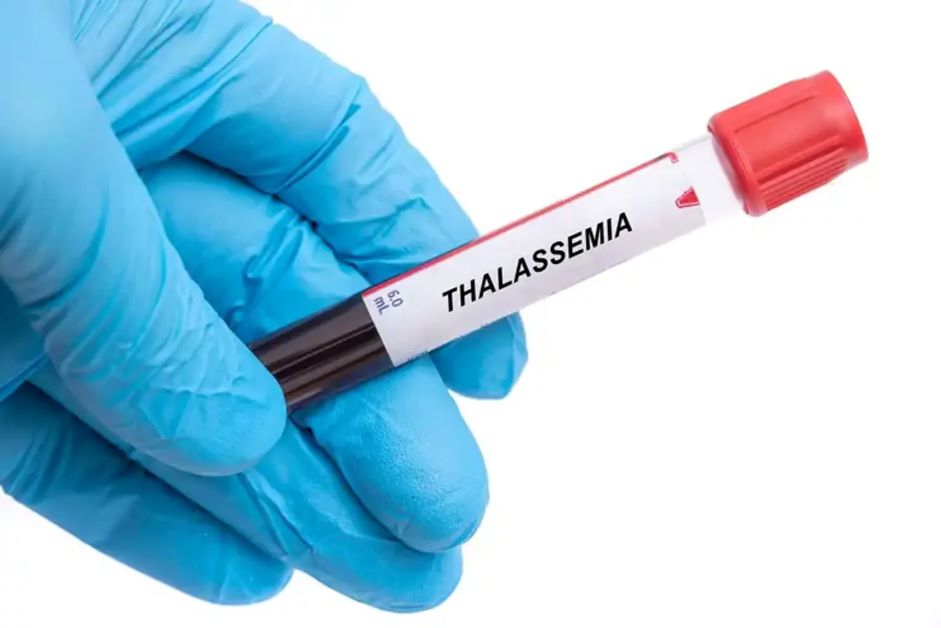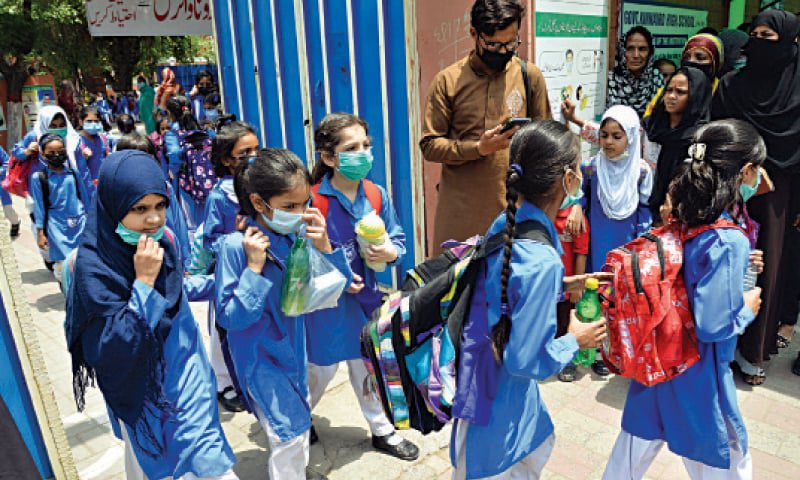In a landmark decision that reflects a serious commitment to public health, the Punjab Assembly has introduced a transformative law the Punjab Thalassemia Prevention Act 2025. This progressive legislation makes it mandatory Thalassemia Test for all students seeking admission in any educational institution within the province to undergo a Thalassemia test and screening for other genetic disorders. By enforcing this rule across both public and private schools, colleges, and religious seminaries.
The government is taking a bold step to fight the spread of hereditary diseases through early detection and timely medical intervention. The new law is more than just a policy it is a roadmap for a healthier future. With Punjab’s high burden of genetic illnesses, especially thalassemia, this initiative can significantly reduce the number of undiagnosed cases. It shifts the focus from managing symptoms to preventing disease entirely, a much needed change in how health and education systems work together.
A Vision to Curb Thalassemia
The primary goal of the Punjab Thalassemia Prevention Act 2025 is prevention. Thalassemia is a life-long condition that requires frequent blood transfusions and medical care. In many cases, it goes unnoticed until symptoms become severe. By making genetic screening compulsory at the time of school or college admission, the law ensures early detection. This allows families to make informed decisions and gives healthcare providers the opportunity to step in early.
Importantly, the law is not only about identifying thalassemia major or minor but also includes testing for a wide range of hereditary diseases. Every educational institution must now require students to submit their genetic screening reports before granting admission.
Clear Guidelines for Students and Institutions
- Under the new act, every student must undergo tests to determine if they are carriers or patients of thalassemia or other genetic disorders.
- Test reports must be submitted during the admission process.
- Institutions must coordinate with approved laboratories.
- They are also required to ensure the confidentiality and security of all submitted medical data.
Digital Records Managed by Punjab Information Technology Board
- PITB is responsible for creating and managing a centralized digital database for the new system.
- All Thalassemia test reports and related medical data will be securely stored in this database.
- Laboratories must submit test results within ten days of collection to keep the data accurate.
- PITB will monitor the authenticity of all submitted reports.
- These measures aim to ensure a reliable and trustworthy system for informed public health decision-making.
Accountability for Laboratories
To ensure the quality and safety of this initiative, the authorities will authorize only licensed laboratories to conduct the genetic screening tests. Any lab caught tampering with results or sharing private data will face criminal charges, potential loss of license, and heavy fines. This zero tolerance approach sends a clear message: the integrity of medical information is non negotiable.
- Protecting students’ health is a shared responsibility between the government, educational institutions, and laboratories involved.
- Only licensed laboratories will be authorized to conduct the genetic screening tests.
- A zero tolerance policy ensures the integrity of medical data is upheld.
Oversight by a Genetic Health Advisory Council
To oversee and implement this act properly, the government will establish a Genetic Health Advisory Council. Doctors, health officials, and representatives from the education sector will make up the council. Their role will be to monitor the law’s progress, make recommendations for improvement, and adjust strategies based on new scientific research.
- The council’s responsibilities include:
- Monitoring the law’s progress
- Making recommendations for improvements
- Adjusting strategies based on new scientific research
- The council’s oversight is crucial for adapting the law to evolving health challenges.
- Their work ensures that students continue to receive the necessary care and support.
Support for Students Diagnosed with Genetic Conditions
- The law focuses on supporting students affected by genetic illnesses.
- Students will receive psychological support, medical referrals, and academic accommodations.
- Educational institutions must ensure no student is excluded due to health conditions.
- The law promotes inclusivity, offering every child an equal opportunity to pursue education.
- It ensures that students, regardless of health status, can achieve their potential.
Free Testing for Underprivileged Families
Understanding that medical tests can be expensive for low income families, the Punjab government has pledged to offer free Thalassemia tests and genetic screening for students who cannot afford them. This is a vital part of the policy, as it ensures that no child is denied admission due to financial constraints.
By removing the cost barrier, the law becomes truly universal and fair. It reflects the government’s commitment to equality in health and education, reinforcing that health screenings are a right, not a privilege.
NADRA’s Role in National Health Data
- NADRA will register affected individuals to create a verified national record.
- This registration will help future governments plan better healthcare services.
- It enables the delivery of financial aid where needed.
- The integration of health and identity databases promotes smarter, data driven policymaking.
- This approach supports long term public health goals.
Responsibilities of Educational Institutions
The law now requires all educational institutions in Punjab to include genetic screening in their admission criteria. They must coordinate with certified laboratories, ensure the confidentiality of medical data, and spread awareness among students and parents about the importance of early detection.
Institutions that fail to comply will face penalties, including possible loss of registration or legal action. This accountability ensures that everyone involved takes their role seriously in making this health initiative successful.
Law Status and Implementation Timeline
- Punjab Thalassemia Prevention Act 2025 awaits the Governor assent.
- The law will take effect immediately once signed.
- The Education Department is preparing awareness campaigns.
- Schools are being supported for smooth implementation.
A Step Toward a Healthier Punjab
Thalassemia continues to affect thousands of families in Pakistan, causing emotional stress and financial hardship. With the introduction of this law, Punjab is setting a powerful example by prioritizing prevention over treatment. Through early screening, the province aims to reduce the number of new cases and raise health awareness across communities.
- It reduces the burden on the public health system by cutting down chronic cases needing lifelong care.
- Thalassemia affects thousands of families in Pakistan, causing emotional and financial strain.
- The law focuses on prevention rather than treatment, setting a strong example in Punjab.
- Early screening aims to lower new cases and improve health awareness in communities.
- The law promotes a proactive healthcare approach, empowering families with information and choices.
About Parhlo Pakistan
At Parhlo Pakistan, we are committed to bringing you the latest updates on legislation, education, public policy, and social change in Pakistan. Our goal is to inform and inspire our readers by covering impactful stories that matter. Whether it’s a new education reform or a breakthrough in healthcare, we make sure you stay informed with clear, accessible, and reliable information.
Leading the Way in Genetic Health Management
The Punjab Thalassemia Prevention Act 2025 is a game changer in the field of public health. By requiring a Thalassemia test and genetic screening for all students at the time of admission, the government has taken a bold step to protect future generations. With strong support systems in place, including free testing, legal safeguards, and educational outreach.
Punjab is well on its way to becoming a leader in the fight against hereditary diseases. With collective action from families, schools, healthcare providers, and government bodies, this initiative can achieve its mission of creating a healthier and more informed society one student at a time.




